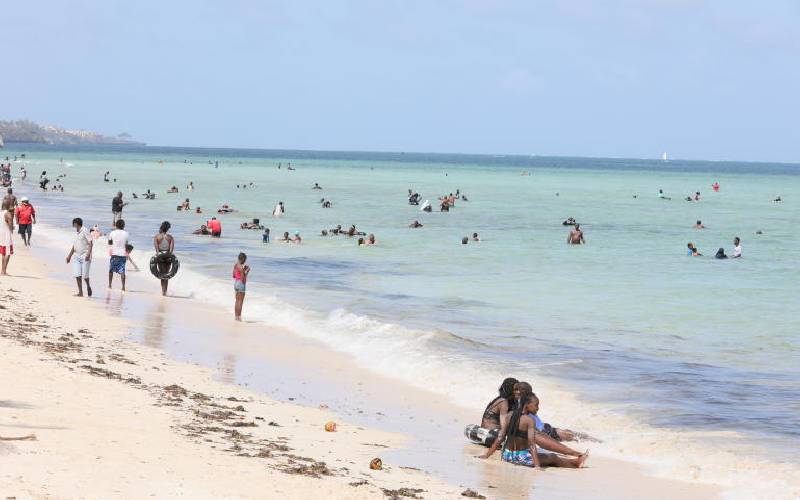×
The Standard e-Paper
Join Thousands Daily

Kenyans dream of owning beach plots, houses or retiring there. The myths of mermaids fire the dream further. [Courtesy]
Kenya's coastal economy depends on tourism as foreigners and locals visit the beaches to enjoy the warm weather and nature.